MercoPress. South Atlantic News Agency
Economy
-
Tuesday, February 2nd 2016 - 11:59 UTC
FIFA puts Conmebol and Concacaf funding 'on hold' given 'current proceedings'

FIFA has cut off funding to the corruption-hit confederations for football in the Americas, the global football body said on Monday, in a move which could cause future cash flow problems for the two organizations.
-
Tuesday, February 2nd 2016 - 08:07 UTC
Magallanes region with second lowest unemployment in Chile

Employment in Magallanes Region, extreme south of Chile remains strong according to the latest data released by the Chilean stats office, INE, which covers the fourth quarter of 2015 (October/December). While the national unemployment average stands at 5.8%, Magallanes figures with 2.6 percentage points below.
-
Tuesday, February 2nd 2016 - 07:47 UTC
Argentina fish landings down 4,2% last year, but squid was down 25%
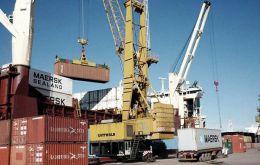
Fish landings in Argentina totaled 752,359.1 tons in 2015, which represents 4.2% less than the previous year, according to the latest from the National Under secretariat of Fisheries. Among the main species of commercial importance, Illex squid (Illex argentinus) led the decline with a drop of 25%, with landings amounting 126,531.4 tons until 30 December 2015.
-
Monday, February 1st 2016 - 09:36 UTC
China's manufacturing contracts for sixth month running in January
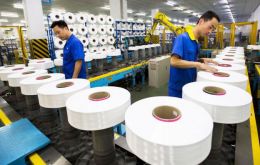
Activity in China's manufacturing sector contracted for the sixth month in a row in January - and hit its lowest level since 2012. According to the government's latest factory survey, the Purchasing Managers' Index (PMI) showed a reading of 49.4 for the month compared to December's reading of 49.7.
-
Monday, February 1st 2016 - 06:22 UTC
Venezuelan lobbying for oil production reduction: tour begins Monday in Russia
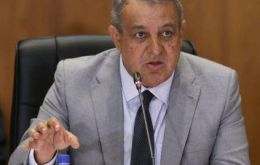
Venezuelan Oil Minister Eulogio Del Pino will visit Russia, Qatar, Iran and Saudi Arabia on a tour of OPEC and non-OPEC countries intended to drum up support for action to stem the tumble in crude prices.
-
Monday, February 1st 2016 - 05:48 UTC
Chile to provide gas to Argentina in winter months; Enap and YPF will increase production in Magallanes
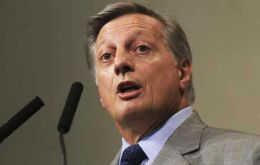
The government of Chile will be selling energy-short Argentina 5.5 million cubic feet of natural gas a day starting in May, providing also 200 MW of electricity through the interconnection system between both countries. Chile also committed to invest 200 million dollars in the Incremental Project of the Magallanes Area to boost hydrocarbon production.
-
Saturday, January 30th 2016 - 13:11 UTC
Petrobras plans to slash 30% of management jobs in non-operating areas
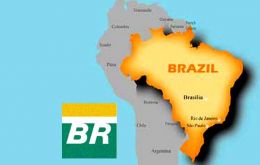
As Brazil struggles with a corruption scandal in which executives and politicians face investigations of alleged bribery, Brazil’s state-run oil company Petrobras announced it will slash management jobs as part of an efficiency drive approved by its board of directors.
-
Saturday, January 30th 2016 - 12:31 UTC
US growth slows down sharply to 0.7% annually in the fourth quarter

As anticipated by the Federal Reserve's report earlier this week, US economic growth braked sharply in the fourth quarter as businesses stepped up efforts to reduce an inventory glut and a strong dollar and tepid global demand weighed on exports.
-
Saturday, January 30th 2016 - 12:21 UTC
Argentina seals US$ 5 billion deal with international banks at Libor plus 6.5 points
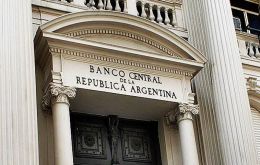
Argentina's central bank said on Friday it had sealed a deal for a US$5 billion, one-year loan from international private banks, bolstering its low foreign reserves as the country heads into talks with creditors suing over unpaid debt. Argentina has been shut out of global credit markets because of its long-running legal dispute in U.S. courts with creditors over debt it defaulted on in 2002.
-
Saturday, January 30th 2016 - 12:04 UTC
Falklands with a medium term financial surplus of £4.325 million
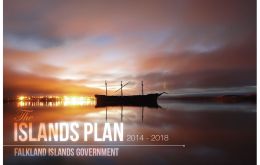
For the first six months of the 2015/16 financial year, the Falkland Islands Government is showing a Medium Term Financial Plan surplus of £4.355 million compared to a revised budget surplus of £30,000; a favorable performance of £4.325 million.(*)
